Veganism and protein intake is the never-ending debate. While some people claim that a vegan diet will only leave you underweight and full of health problems, researchers are finding more and more evidence that a plant-based diet similar to what vegans follow is among the most beneficial diets a person can follow.
Let’s find out the truth about veganism, protein intake and fitness for vegans.
Veganism
Veganism is a lifestyle in which people chose to stop consuming and supporting any kind of animal exploitation and cruelty. In terms of diet, a vegan diet completely excludes all kinds of animal-sourced foods.
As we had established before, a healthy diet consists of variety and balance.
A healthy vegan diet is (of course) plant-based, meaning that there are plenty of options of plant-based ingredients not only to have a variety of flavors and ingredients on your plate, but also to meet the basic nutrient requirements an adult needs in their everyday diet.
The animal protein dilemma
Proteins are building blocks, like the lego blocks of the body. Proteins take part in muscle, bones, cartilage and skin building, tissue repairment, body oxygenation, food digestion and even hormone regulation. Humans need to meet the daily intake of protein, no excuses.
If you think about proteins, most of the time you think about animal proteins. Meat, poultry, fish, seafood, eggs and dairy. And yes, they are the foods with the highest amount of proteins, but they are not the only foods with high amounts of protein.
Please check out our blog “18 Protein Meals“, which will help you find the protein diets consisting of both animal and plat protein.
This is to say that there are plenty of plant-based ingredients that are also high in protein. And some of these plant-based alternatives offer a better balance of nutrients (less calories, less fat) than animal-sourced proteins.
Vegans can meet the daily protein requirements with plant-based proteins.
Can vegans grow muscle?
Let’s talk about fitness. If you didn’t know, protein intake is the backbone of muscle growth. As established before, proteins help build muscle through tissue recovery, so you need a higher protein intake than the regular one when you want to achieve muscle growth.
Someone who practices a vegan diet can achieve muscle growth as long as they’re monitoring closely their calorie intake and their protein intake. Under medical supervision, this could be a good reason for supplementing a vegan diet.
Protein options for vegans
Here are the best vegan protein options, as well as some ideas on how to add them to your diet.
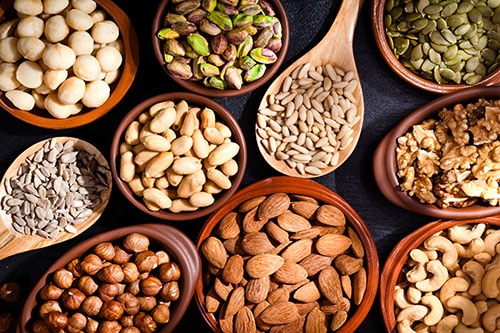
Nuts and seeds
Peanuts, almonds, walnuts, cashews, chia seeds, hemp seeds, sunflower seeds, and pumpkin seeds.
30 grams of nuts/seeds can offer 4-9 grams of protein. They are great snack options, and go well on top of salads, yogurt, oatmeal and smoothies.
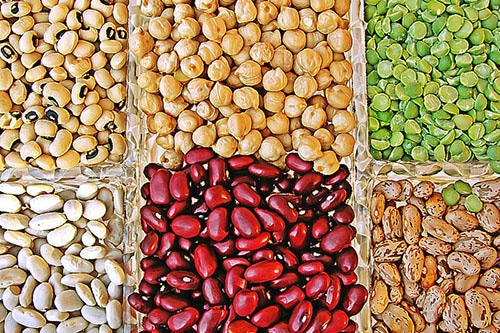
Legumes
Beans (black beans, pinto beans), peas (chickpeas), and lentils.
90 grams of legumes offer around 8 grams of protein. They are versatile enough to be eaten on their own, as spreads (like hummus), in salads, as a side dish, and even work great to make vegan burgers.
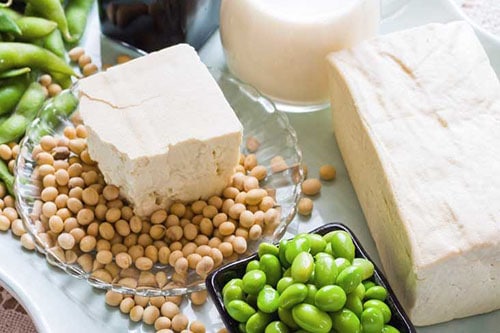
Soy products
Tofu, tempeh, seitan, and meat substitutes.
They are also super versatile, so you can make scrambled “eggs”, stir-fries, sandwiches, vegan nuggets, vegan burgers, and even vegan cheese.
100 grams of soy products can offer anywhere from 4 up to 20 grams of protein.
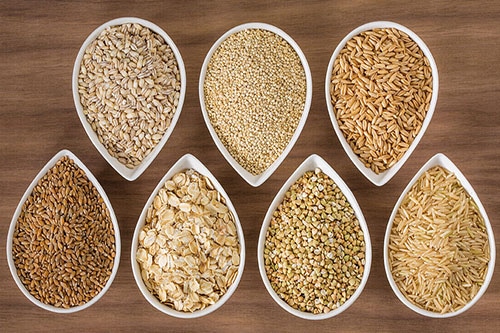
Grains
Brown rice, amarant, quinoa, oats, spelt, etc.
100 grams of grains can offer up to 6 grams of protein. They mostly work great as the base of your meals.
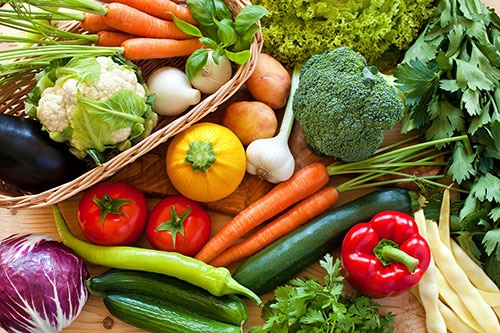
Vegetables
Broccoli, sweet potato, artichoke, spinach and even blackberries.
They can offer anywhere from 2 to 4.5 grams of protein per-serving, and work as the base of your meal, salads, snacks and even blended into smoothies.

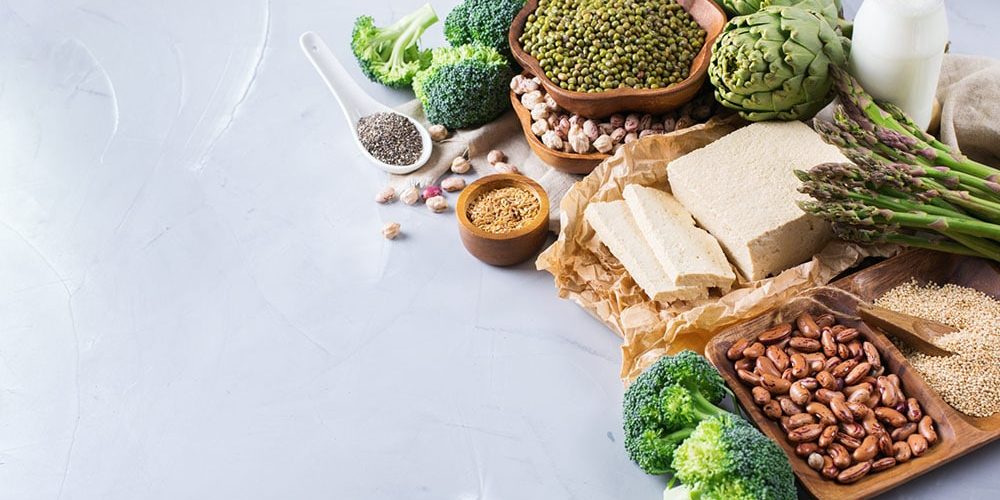






Comments 0